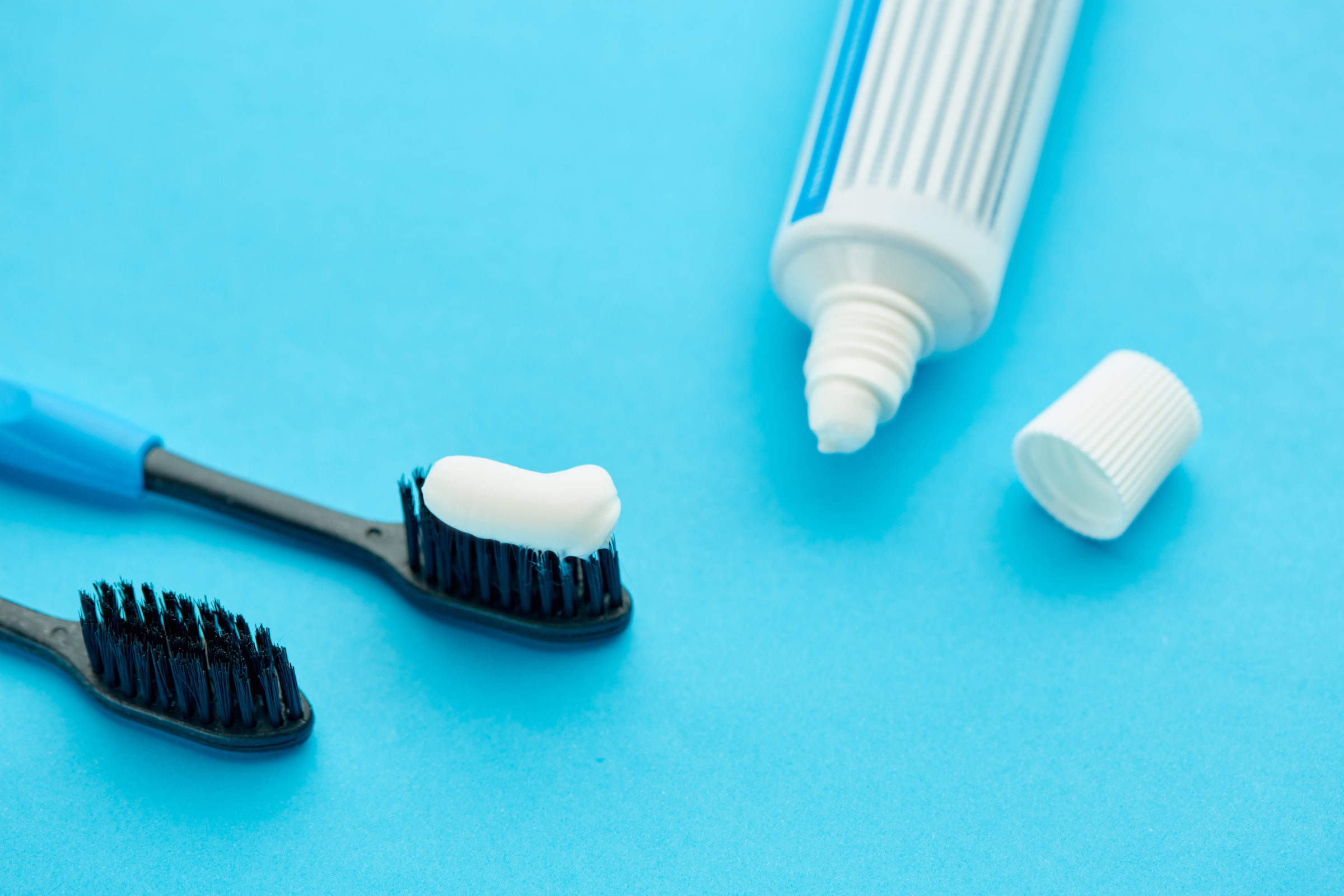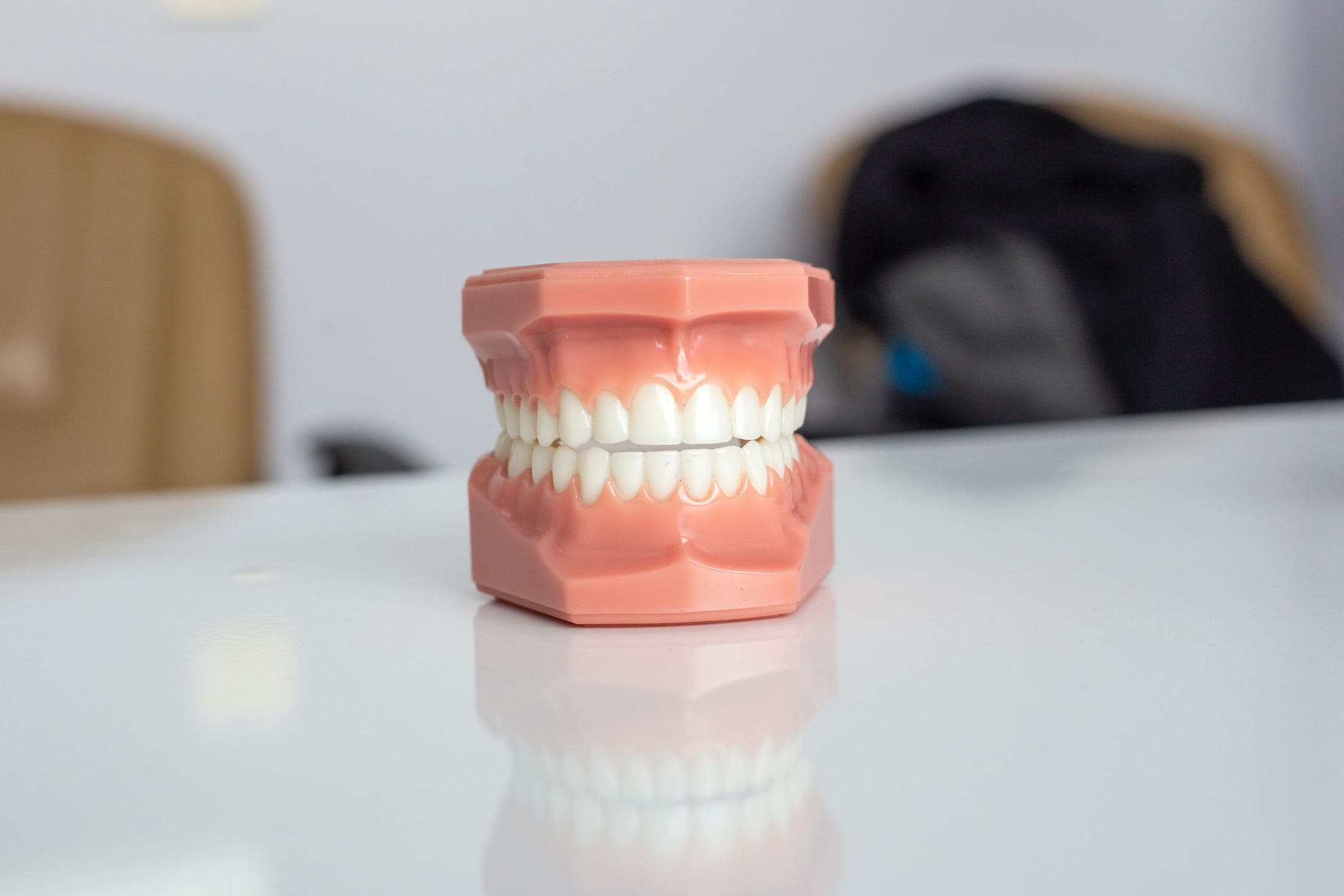You’ve heard from advertisements, medical doctors, and dentists that fluoride is good for your health. Using fluoride for its health benefits is an old practice that has stood the test of time. In today’s dentistry, it’s one of the most widely used compounds. However, many people don’t understand why this natural mineral is an essential daily supplement. Here is why dental experts love fluoride.
What is fluoride?
Fluoride is a natural organic compound of fluorine found in soil, water, plants, and rocks. Public water supplies run all their water through a fluoridation process before distribution to the population. Moreover, the mineral is added to commercial drinking water.
Where is fluoride used?
Aside from council water and commercial drinking water, fluoride is used in mouth rinses and supplements. However, the most notable use is in toothpaste. Fluoride is the selling point for many toothpaste brands. It’s an essential compound with numerous dental benefits. Although the concentration is usually low compared to mouth rinses, it still has a significant impact.
Fluoride is also used in cleaning agents, steel and aluminum manufacturing, pesticides, and medical imaging scans.

Health benefits of fluoride
The main benefit of fluoride is the enhancement of good oral health. As a result, dentists recommend everyone to use fluoridated toothpaste after turning the age of three. However, the concentration for young children is less than that allocated to adults.
Within the oral cavity, fluoride enhances the remineralization of the enamel, which restores structural strength. Moreover, the process slows down the resorption of minerals from the enamel.
One of the most coveted benefits of fluoridated toothpaste is the ability to reverse early signs of tooth decay. The effect saves users the physical and financial pain of complications resulting from tooth decay.
Moreover, the mineral is good at inhibiting the growth of harmful bacteria within the oral cavity.

How it works
Acid production from bacterial digestion within the oral cavity leads to demineralization of the enamel. As a result, the tooth weakens and is left vulnerable to cavities. Fluoride causes remineralization that preserves the enamel, and as a result, the progression from cavity formation to tooth decay is slowed down or reversed entirely.
A decline in cases of tooth decay was reported in the United States between the late 1960s and early 1990s after the introduction of fluoridated water and toothpaste in communities. That’s how profound the effect of fluoride is.
Fluoride supplements are also used to maintain healthy skeletal tissue. This is beneficial to older adults at high risk of osteoporosis (erosion of bone).
Side effects
Large doses of fluoride can lead to several side effects. As a result, strong regulations guide fluoride concentration in toothpaste and water. Some of the side-effects you can get from taking too much fluoride are:

Dental Fluorosis
This often occurs in children who take a lot of fluorides while their teeth are forming. The excess fluoride leads to the formation of white spots on the enamel. Aside from the discoloration, there are no other symptoms.
Fluorosis predominantly affects children below the age of eight who are notorious for swallowing toothpaste. Therefore, it’s essential to supervise children as they brush their teeth and use pediatric toothpaste where necessary.
Skeletal fluorosis
Long-term exposure to high doses of fluoride can cause fluorosis of skeletal bones. The symptoms usually include joint stiffness and pain. In addition, patients will present with an altered bone structure and ligament calcification in severe cases. Nonetheless, skeletal fluorosis is not common.
The data supports fluoride use, and experts are all for it. Therefore, it should be part of your daily routine.





